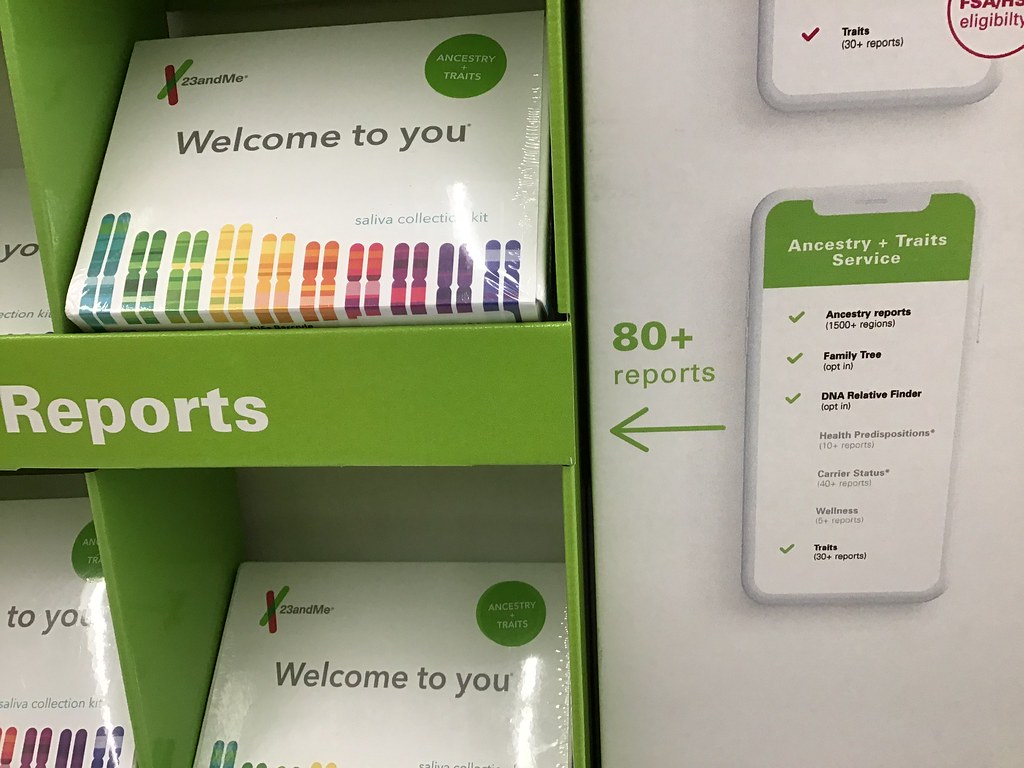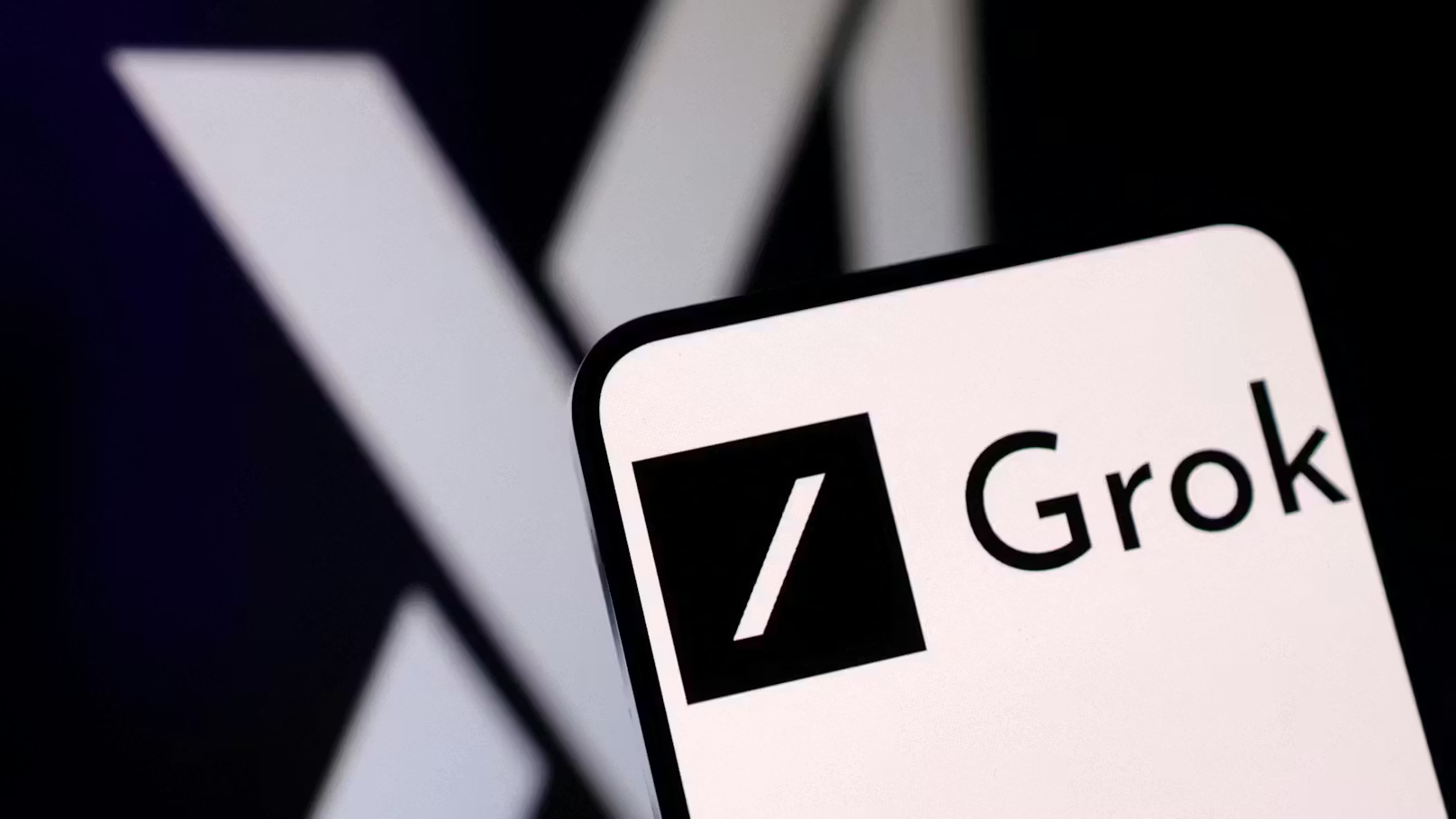Ever wondered what your genetic blueprint is worth on the open market? Turns out it’s about the price of a gas station coffee. Regeneron Pharmaceuticals just scooped up 23andMe and its treasure trove of 15 million customer DNA profiles for a bargain basement $256 million – which works out to roughly $2.56 per genetic profile (though the deal includes other assets like research infrastructure and technology).
The fire sale comes after 23andMe’s spectacular fall from a $6 billion valuation to bankruptcy court faster than you can say “spit in this tube.” Once the darling of the direct-to-consumer genetics world, 23andMe filed for bankruptcy in March 2025, following a devastating 2023 data breach and an increasingly skeptical customer base who weren’t exactly thrilled about paying to become research subjects.
From Spit Kits to Drug Discovery
If you’re one of the 15 million people who sent your saliva to 23andMe hoping to discover distant relatives or whether you’re really 2% Scandinavian, congratulations – your genetic code now has a new corporate landlord. Regeneron, a biotech heavyweight with a track record of turning genetic insights into blockbuster drugs, clearly sees gold in those databases.
The acquisition follows the classic Silicon Valley playbook: collect masses of personal data first, figure out how to monetize it later. Except in this case, the “later” involves developing potentially life-saving medications – which is admittedly more noble than serving you targeted ads for weighted blankets.
Dr. George Yancopoulos, Regeneron’s Chief Scientific Officer, frames the purchase as a win-win: “We believe we can help 23andMe deliver and build upon its mission to help those interested in learning about their own DNA.” In my view, this translates to: We’ll keep the consumer business running so we can continue collecting more genetic data for our drug discovery pipeline.
Your genetic privacy concerns aren’t being totally ignored. The bankruptcy court has appointed an independent privacy ombudsman to oversee the transition. Their report is due June 10, with court review scheduled for June 17. But with no comprehensive federal genetic privacy law in the U.S., your DNA’s protection largely depends on corporate promises and patchwork regulations.
The Digital You, Now Under New Management
Caught in the rain of a data breach last year? Your genetic profile is now being transferred to a new owner. This should raise questions about the nature of personal data ownership that go far beyond typical privacy discussions.
Your DNA isn’t just another data point – it’s literally the blueprint of who you are. And now it’s being sold in bankruptcy court for less than the price of a fancy latte. If that doesn’t make you question the bargain you made when you checked that terms of service box, nothing will.
Regeneron has pledged to honor 23andMe’s existing privacy policies and allow customers to request data deletion. But as we’ve seen countless times in tech acquisitions, today’s promises often become tomorrow’s “updated terms of service.”
The deal is expected to close in the third quarter of 2025. In the meantime, 23andMe customers might want to read those privacy policies they likely skipped past years ago. Your genetic code just got a new corporate home – whether or not you anticipated this specific scenario when you first spit in that tube.




























